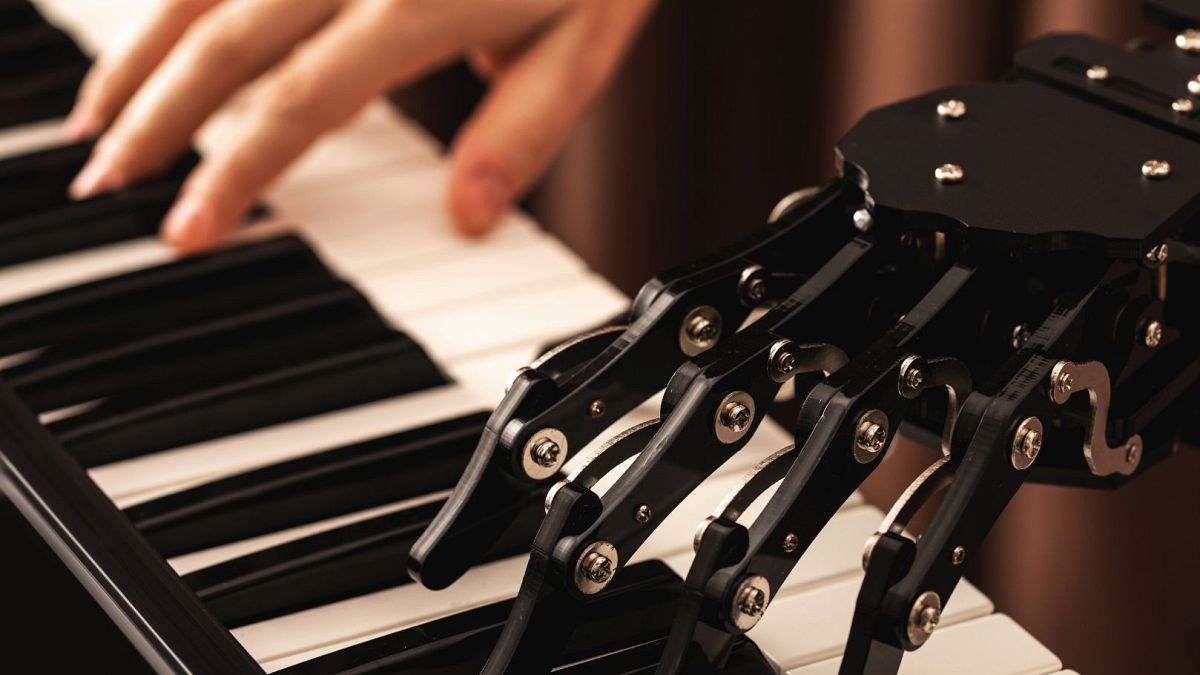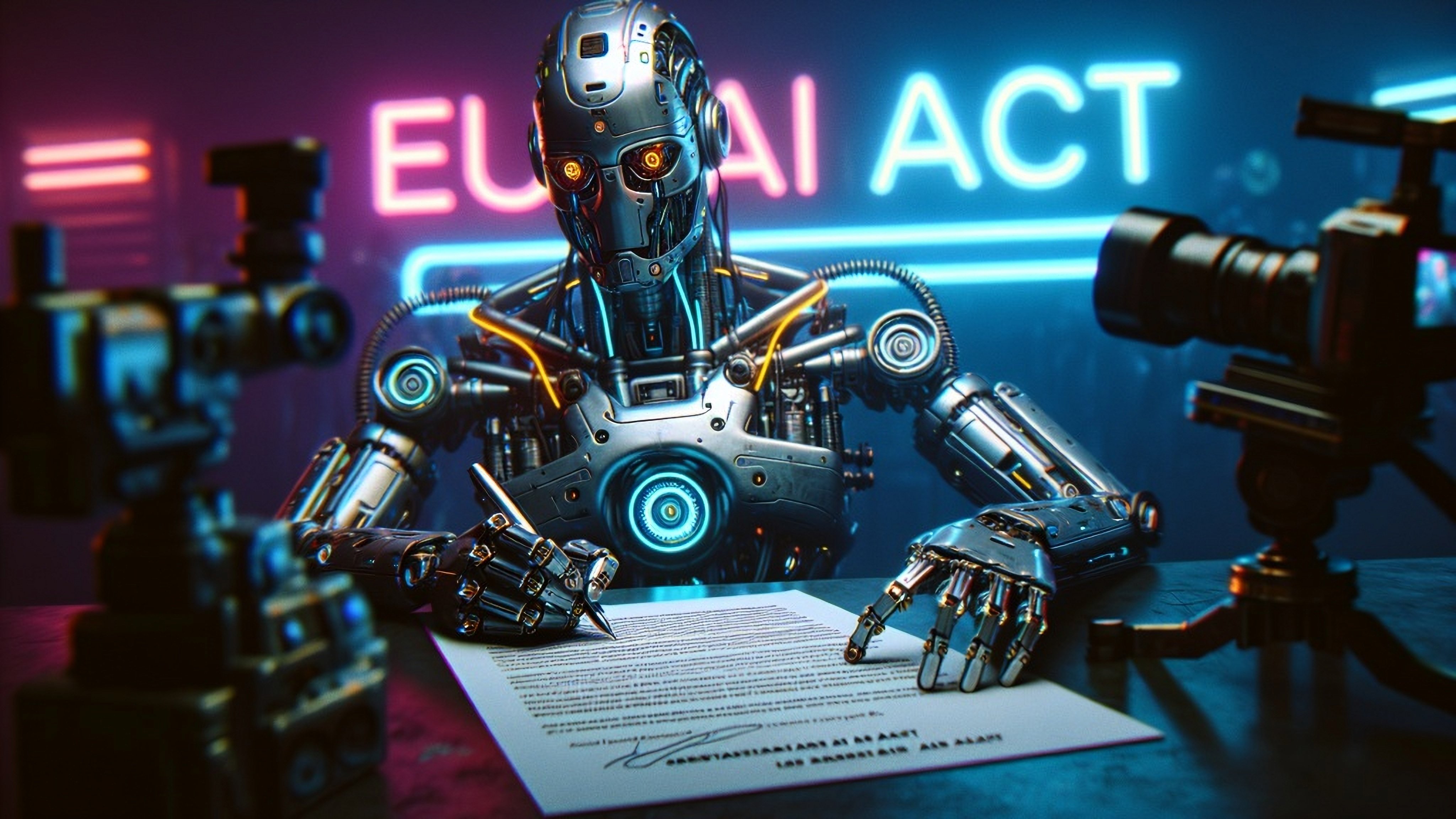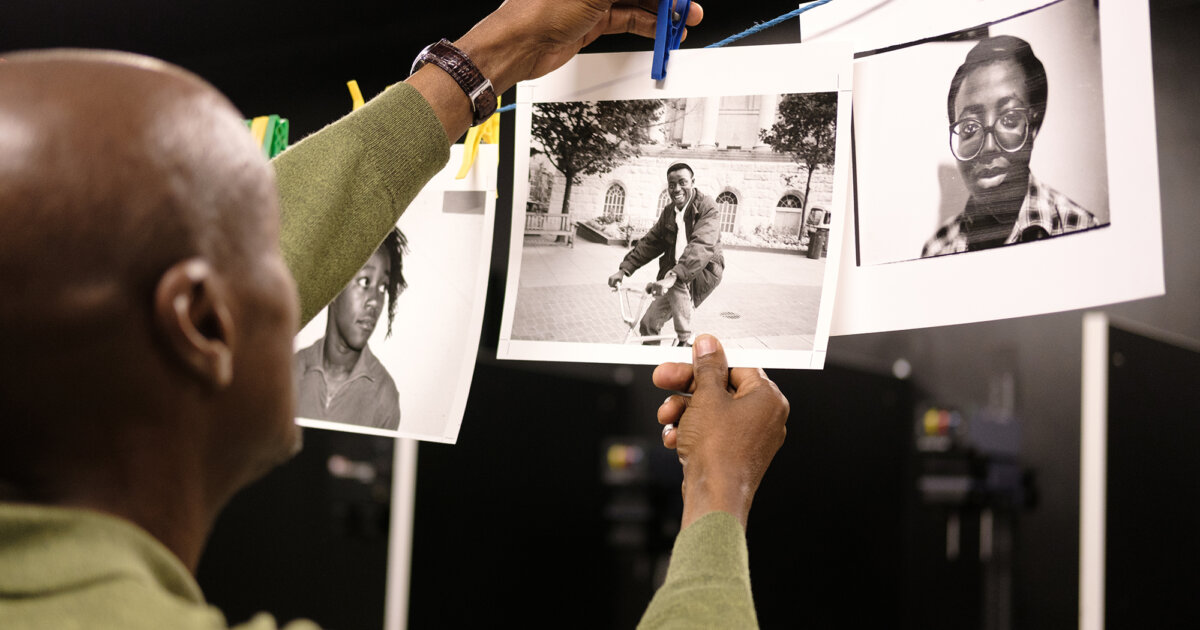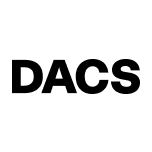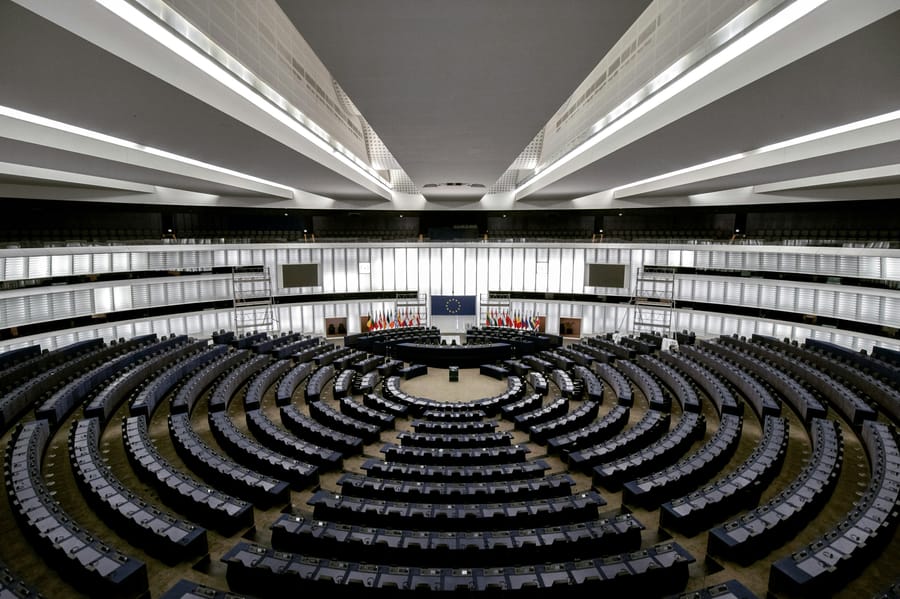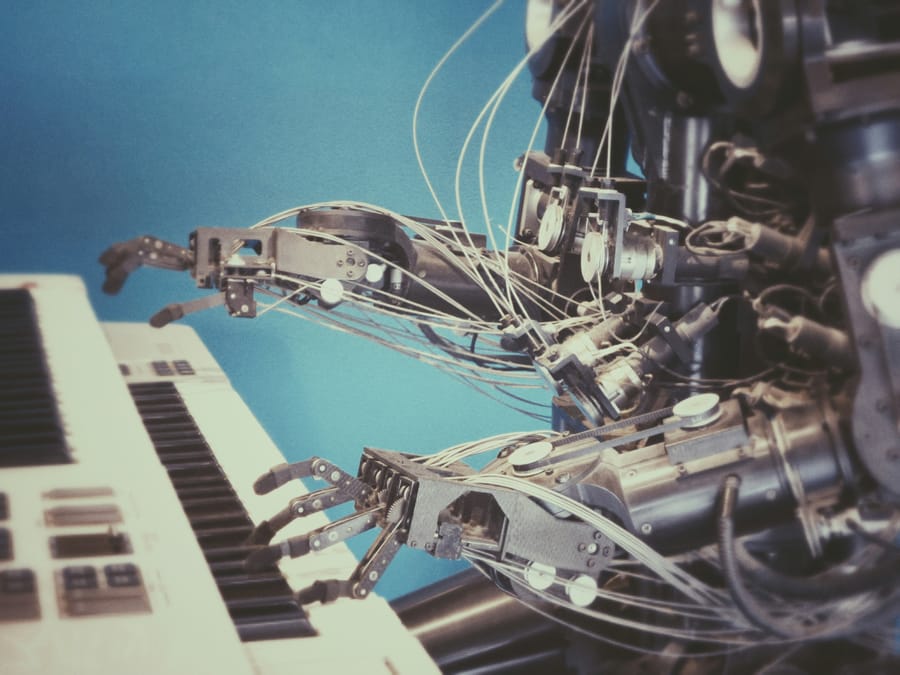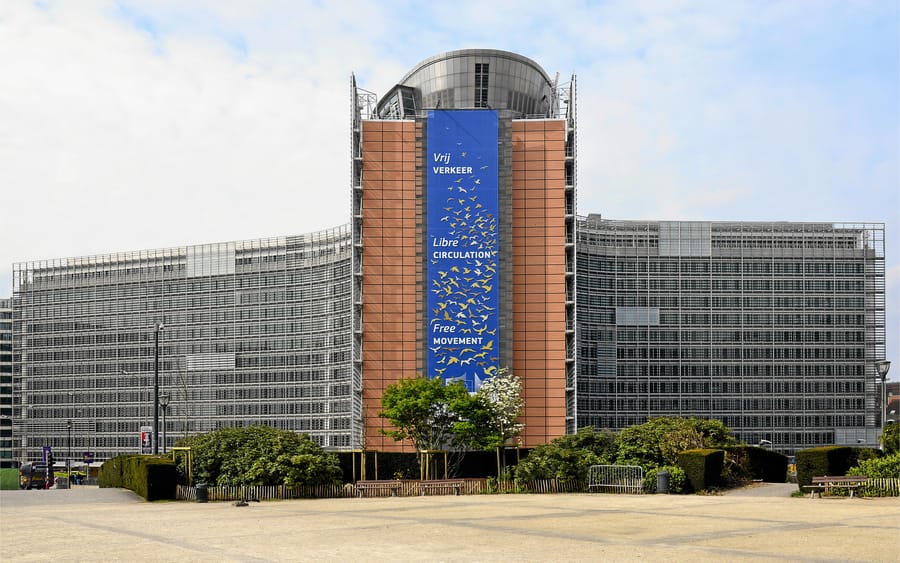The European Commission’s implementation guidance for the AI Act, published on 18 July, has been met with sharp criticism from the creative sector. A broad coalition – including GESAC (the European Grouping of Societies of Authors and Composers), IMPALA (the Independent Music Companies Association), and CISAC (the International Confederation of Societies of Authors and Composers) – described the guidance as a “betrayal”. They argue it fails to safeguard creators against the copyright risks associated with generative AI systems. In particular, they point to the broad interpretation of text and data mining exemptions, which allows technology companies to use the works of millions of creators without permission or payment when training AI models.
According to these organisations, the root of the problem lies in a gap between principle and practice. While the AI Act formally requires AI systems to use fair, transparent and high-quality training data, the Commission’s guidance does not oblige developers to prove the legal origin of their datasets or demonstrate that they have secured copyright licences. Véronique Desbrosses, Secretary General of GESAC, warned that this creates a serious loophole already exploited by some major technology firms. Helen Smith, Executive Chair of IMPALA, argued that the current situation threatens the livelihoods of European musicians and independent labels, since their works can be used without compensation or attribution.
Not all reactions have been negative. The UK’s DACS (Design and Artists Copyright Society) welcomed the adoption of the AI Act, which came into force on 2 August 2024, as the first comprehensive regulatory framework addressing the impact of AI on the creative industries. At the same time, DACS stressed that effective enforcement will be essential, and further reforms may be needed. By contrast, organisations such as Creative Commons, OpenAI and the ECS (European Copyright Society) defended the Commission’s position. They argue that text and data mining exemptions are vital for AI innovation, and that similar provisions were already embedded in the 2019 EU Copyright Directive, which they see as striking a fair balance between innovation and protection.
Sources:
